According to the New York Times, Tesla shareholders on Thursday approved a pay package that could make Elon Musk the world’s first trillionaire. Two days earlier, New Yorkers elected a mayoral candidate who campaigned on “taxing the rich.”
Those two seemingly unrelated events reveal deep divisions in American views on wealth distribution: who deserves a share of the country’s enormous riches?
At Tesla’s headquarters in Austin, Texas, the company’s shareholders largely endorsed a “winner-take-all” style of capitalism. By an overwhelming margin they agreed to grant Musk nearly $1 trillion in stock if Tesla meets ambitious financial and operational goals over the next decade.
But across the country in New York, the victory of Zohran Mamdani — who ran on taxing the rich — reminds us that many Americans are frustrated with an economic system that leaves them struggling to afford basics like food, housing, and childcare.
These are different arenas, but the coexistence of both realities highlights a deeper rift between business and politics in the U.S. On one side are billionaires like Musk and their supporters (including President Trump), who view the wealth of a few executives as worthy of celebration and emulation. On the other are progressives like Mamdani, a democratic socialist who favors a social-welfare model more like Western Europe’s. He campaigned to tax corporations and the wealthy to fund universal childcare subsidies and free public transit — promises that helped him win overwhelmingly against two more conservative rivals.
Like Tesla’s earlier 2018 plan, the new 12-tranche package requires Musk to dramatically increase Tesla’s market value — from about $1.4 trillion today to $8.5 trillion — and to hit a series of other targets, including selling 1 million humanoid robots and securing 10 million paid subscriptions to its autonomous-driving system.
“We are about to open not just a new chapter for Tesla’s future, but an epic,” Musk said in thanking shareholders for their support.
Supporters: get rich with Musk
Tesla’s board and some investors say the near-$1 trillion package is a way to incentivize Musk to build futuristic products like self-driving vehicles. Among those investors is the committee that manages Florida’s public pensions.
“Those who say the pay package is ‘too large’ ignore Tesla’s longstanding ambition,” the Florida management committee wrote in a securities filing explaining why it voted for Musk’s plan. “This company — once on the brink of bankruptcy — achieved global leadership in EVs and clean energy under a similar incentive framework, and it deserves to continue using such rewards to encourage disruptive achievement.”
The plan is structured around shared upside: when Musk profits, so do investors. That echoed a point made this week on X by Cathie Wood, CEO of ARK Invest.
“I truly don’t understand why investors would vote against Elon’s pay package. When Musk and his excellent team achieve their grand goals, investors and their clients will see enormous returns,” Wood said.
Critics: widening inequality
But critics, including regulators for New York and California public pension funds, sharply oppose the plan, arguing it will concentrate too much wealth and corporate power in one person’s hands.
“This is not performance compensation; it is a reward for unchecked power,” New York State Comptroller Thomas DiNapoli told reporters and investors at a recent call.
Even Pope Leo XIV weighed in, telling the Catholic news outlet Crux that Musk’s sky-high pay is emblematic of a growing wealth gap between working people and the wealthy. Tesla’s filings show the company’s median annual pay for a regular employee is about $57,000 in 2024.
Musk also indirectly answered some critics at the shareholder meeting, saying Tesla’s humanoid robot Optimus is the only solution to poverty — even though the robot is still under development.
“People often talk about eliminating poverty and giving everyone access to quality healthcare. Actually, there’s only one way to do that, and that’s through Optimus robots,” Musk said. “It may sound like a sci-fi fantasy.”
A political target
Musk’s victory on Thursday will no doubt galvanize Democrats, who are eager to keep the billionaire in the political crosshairs.
“The GOP’s biggest donor is on his way to becoming a trillionaire who controls an army of robots,” said Ben Wikler, former chair of the Wisconsin Democratic Party. Musk earlier this year spent tens of millions supporting a state Supreme Court race in Wisconsin.
“If New York voters think the billionaire class is making life unaffordable, then expect Democrats to take on the trillionaire class,” Wikler said.
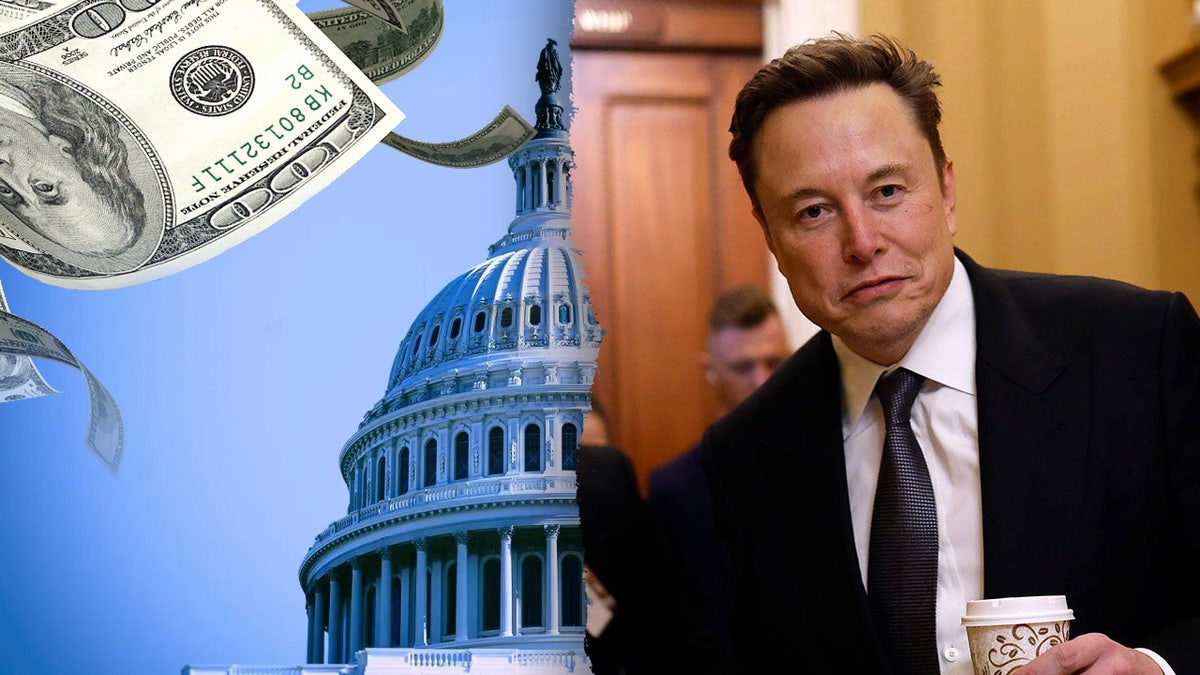

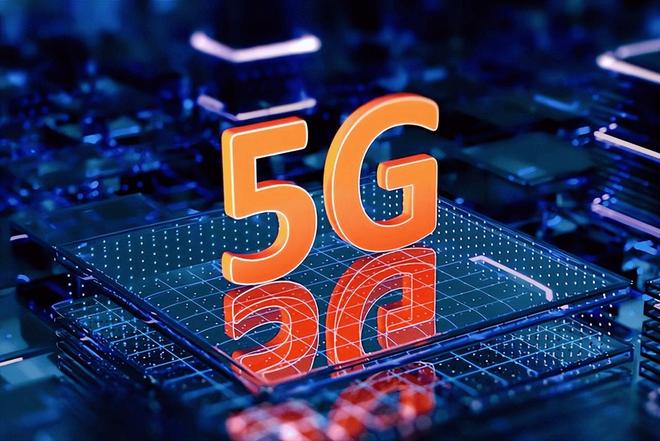



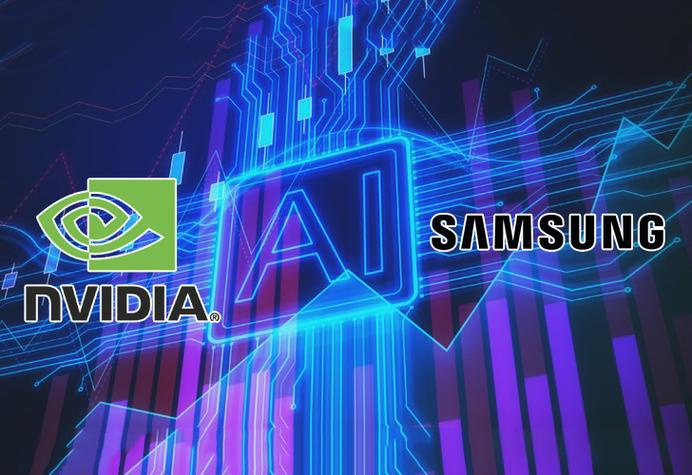


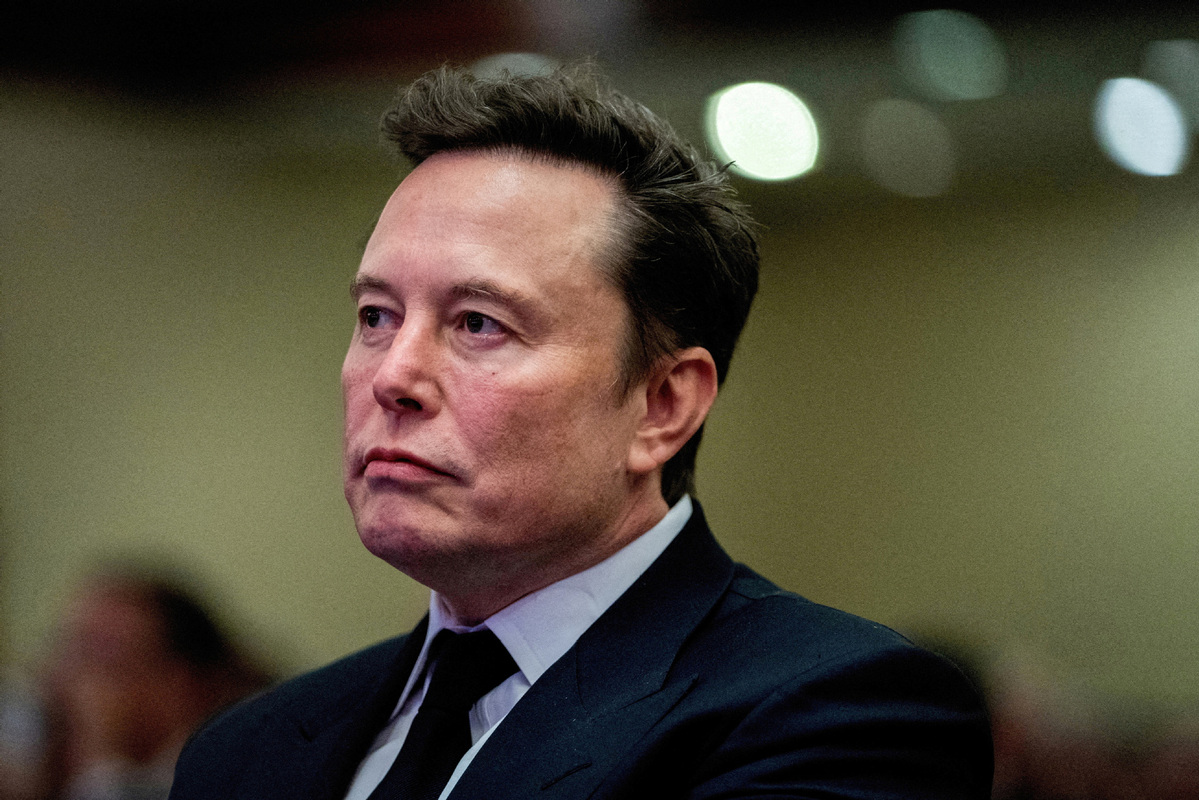




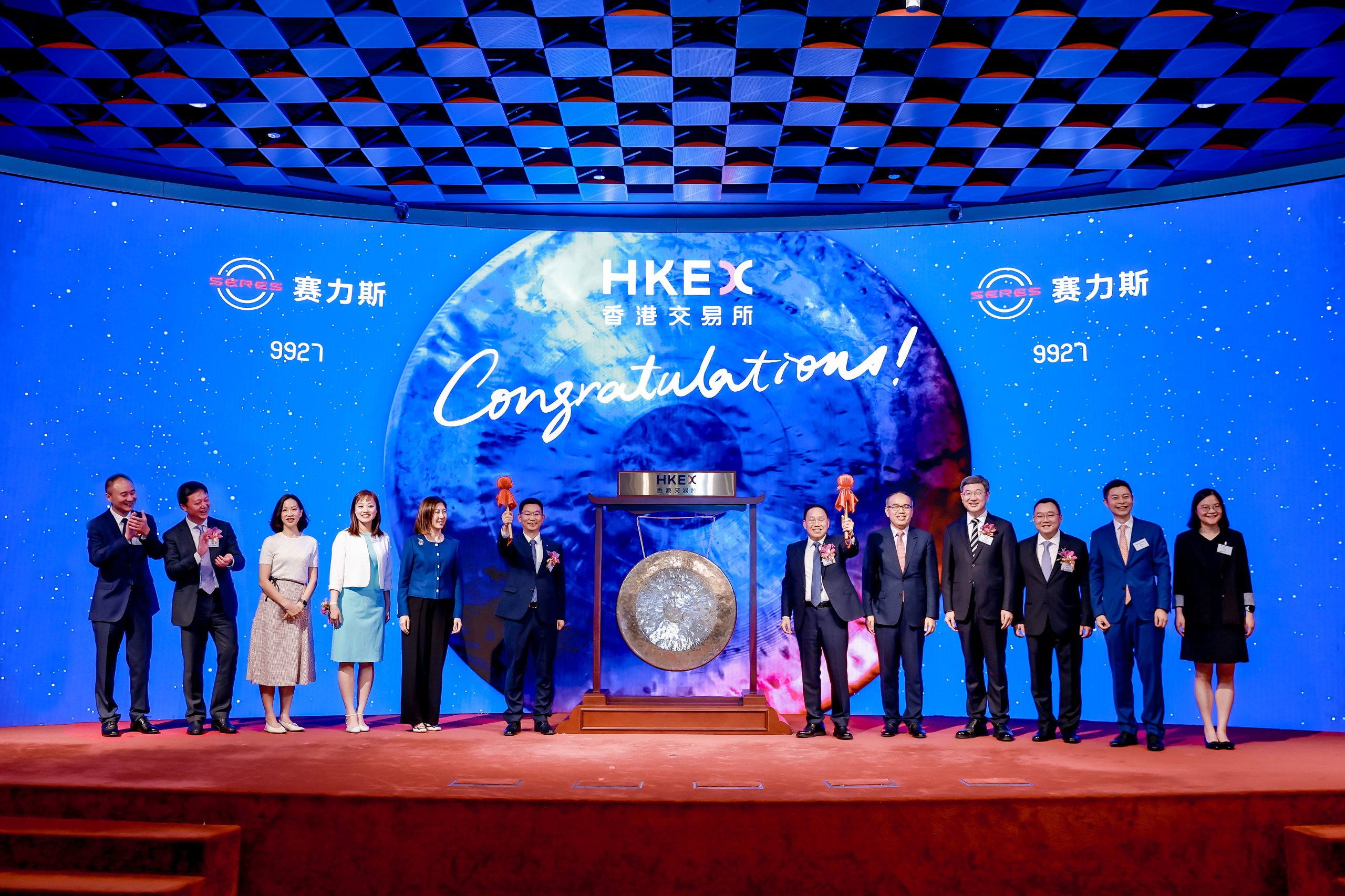

暂无评论内容